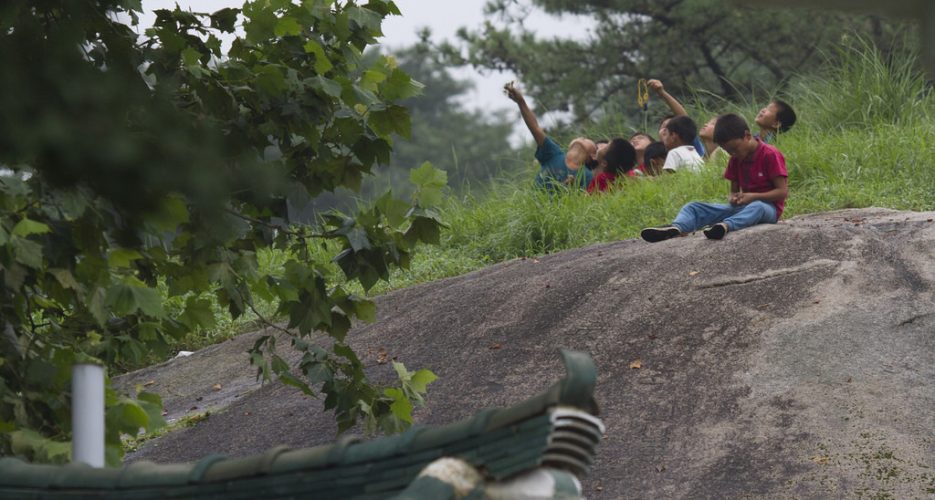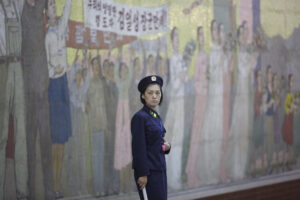One of the first things we learn about Hark Joon Lee in Crossing Heaven’s Border, his memoir of his time among North Korean defectors who have escaped into China (and elsewhere), is that he does not consider himself “a naturally talented writer.” He also repeatedly denigrates his own courage, and regularly references other reporters who put his own scoop-breaking abilities to shame.
Lee’s emphasis on his own personal failings seems more than a bit misdirected (it may be that humility is not just a North Korea cultural virtue): Lee has written a gripping account of his time among the escapees, seeing sights few people will and seeing through a lengthy stint (from 2007 to 2011) in which the possibility of arrest – and even death – were distinctly possible. He captures in person stories of “human safaris” in China where defectors hide among the vegetation, and Chinese people visit, exchanging treats with the defectors in return for the sight of humans living like animals. He interviews women forced into arranged marriages with native Chinese in the border regions while their husbands glower a few feet away. He personally witnesses as they escape into Thailand, evading Chinese authorities who threaten to send them back. He also witnesses them breaking down upon hearing the news that family members have not been so successful at avoiding said authorities.
One of the first things we learn about Hark Joon Lee in Crossing Heaven’s Border, his memoir of his time among North Korean defectors who have escaped into China (and elsewhere), is that he does not consider himself “a naturally talented writer.” He also repeatedly denigrates his own courage, and regularly references other reporters who put his own scoop-breaking abilities to shame.
Lee’s emphasis on his own personal failings seems more than a bit misdirected (it may be that humility is not just a North Korea cultural virtue): Lee has written a gripping account of his time among the escapees, seeing sights few people will and seeing through a lengthy stint (from 2007 to 2011) in which the possibility of arrest – and even death – were distinctly possible. He captures in person stories of “human safaris” in China where defectors hide among the vegetation, and Chinese people visit, exchanging treats with the defectors in return for the sight of humans living like animals. He interviews women forced into arranged marriages with native Chinese in the border regions while their husbands glower a few feet away. He personally witnesses as they escape into Thailand, evading Chinese authorities who threaten to send them back. He also witnesses them breaking down upon hearing the news that family members have not been so successful at avoiding said authorities.
Try unlimited access
Only $1 for four weeks
-
Unlimited access to all of NK News: reporting, investigations, analysis
-
Year-one discount if you continue past $1 trial period
-
The NK News Daily Update, an email newsletter to keep you in the loop
-
Searchable archive of all content, photo galleries, special columns
-
Contact NK News reporters with tips or requests for reporting
Get unlimited access to all NK News content, including original reporting, investigations, and analyses by our team of DPRK experts.
Subscribe
now
All major cards accepted. No commitments – you can cancel any time.










